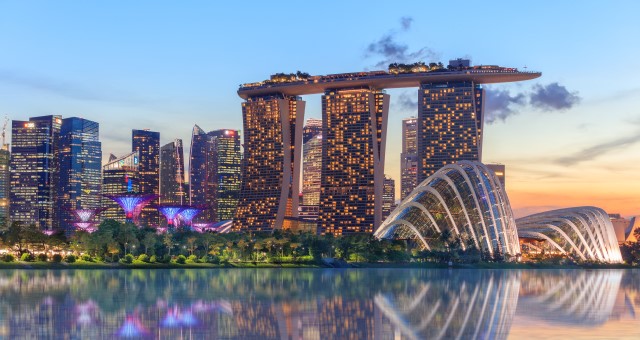Asia Pacific’s hotel market is capturing the attention of institutional investors with competition heating up for prime hotel assets in tier one markets including Australia, Japan and Singapore, according to a new report from CBRE.
Despite constraints on airline seat availability and current economic headwinds, the strong performance of hotels over the past 12 months relative to other asset classes, is ensuring that investor appetite continues to strengthen.
“With limited supply of high-quality assets, we anticipate intense competition among investors for the best hotel properties across Asia Pacific,” said CBRE Global Head of Investor Thought Leadership and Head of Research, Asia Pacific, Dr. Henry Chin.
“Despite the region’s uneven tourism recovery, core assets in Japan, Singapore, Australia and Korea, as well as resort markets continue to generate strong interest.”
Luxury and premium economy assets in tier one urban markets and resort markets are expected to remain attractive, CBRE says.
“Asia Pacific hotel assets have performed well over the past year, making them highly-coveted investments,” said CBRE Head of Hotels and Hospitality, Capital Markets, Asia Pacific, Steve Carroll.
“We anticipate a repricing of Asia Pacific hotel assets to be more moderate than in many other parts of the world, as the rebound in international arrivals and higher hotel revenue helps to offset headwinds from the capital markets environment.”
With tourist arrivals in key destinations at 70-80% of pre-pandemic levels, hotel recovery is largely driven by domestic demand, although the return of mainland Chinese tourists at the beginning of 2023 is beginning to have an impact.
While a rebound in China outbound travel is on the way – with Japan, Korea and Hong Kong SAR already bouncing back – CBRE expects a full recovery of Chinese travel may not transpire until the end of 2024.
Occupancy in most markets is ranging from 5% to 15% below 2019 levels – a scenario that CBRE expects will continue into H1 2024.

